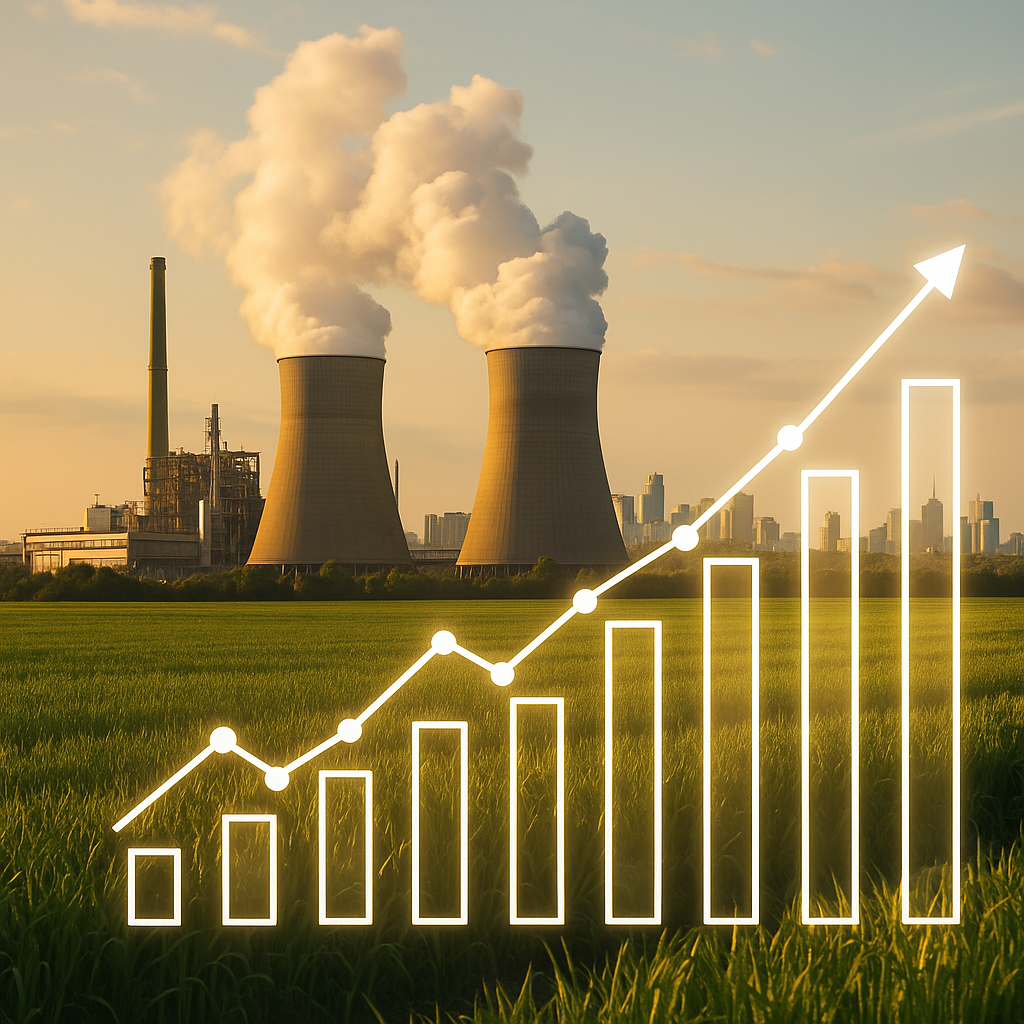ESG policies slow short-term growth but boost long-term gains in BRICS
The study’s findings confirm that ESG integration at the national level has a negative effect on short-term economic growth within the BRICS nations. Implementing robust ESG frameworks requires substantial investment in environmental protection, social inclusion, and institutional governance, all of which introduce transitional costs. These expenses can burden developing economies already grappling with fiscal pressures, regulatory gaps, and infrastructure deficits.

A newly published study reveals that while environmental, social, and governance (ESG) measures may impose economic burdens in the short term, they are ultimately key to securing long-term growth across the BRICS nations. Published in the journal Sustainability (2025), the research offers crucial macroeconomic evidence on the evolving intersection of sustainability and development in emerging economies.
Titled “ESG Performance and Economic Growth in BRICS Countries: A Dynamic ARDL Panel Approach,” the study investigates how national-level ESG performance has impacted economic growth in Brazil, Russia, India, China, and South Africa between 2000 and 2020. Using a dynamic pooled mean group autoregressive distributed lag (PMG-ARDL) model, the authors provide both short- and long-run perspectives on how ESG adoption shapes development trajectories in one of the world’s most influential economic blocs.
Do ESG policies undermine economic growth in the short term?
The study’s findings confirm that ESG integration at the national level has a negative effect on short-term economic growth within the BRICS nations. Implementing robust ESG frameworks requires substantial investment in environmental protection, social inclusion, and institutional governance, all of which introduce transitional costs. These expenses can burden developing economies already grappling with fiscal pressures, regulatory gaps, and infrastructure deficits.
The research highlights the friction that ESG policies cause when first introduced. As countries realign regulatory frameworks, upgrade infrastructure, or shift toward more inclusive policies, temporary slowdowns in GDP growth become evident. These findings raise significant policy dilemmas for governments attempting to promote sustainability while maintaining strong economic performance. For economies heavily reliant on fossil fuels or environmentally intensive sectors, immediate growth sacrifices become a difficult political and economic reality.
Adding to this challenge is the study’s evidence that carbon emissions currently remain a key driver of short-term growth. The analysis reveals that GDP growth in BRICS countries remains positively correlated with rising carbon emissions during the study period, suggesting a continued dependence on fossil fuel industries. This presents a double bind: while ESG principles push for decarbonization, the prevailing growth models still lean on carbon-intensive practices to fuel expansion.
How does ESG performance influence long-term development?
Despite short-term trade-offs, the study presents compelling evidence that strong ESG frameworks result in positive long-term effects on economic growth across BRICS nations. Over time, investments in sustainable practices, equitable governance, and social well-being generate resilience and stability - two pillars that underpin high-quality, sustained economic development.
The long-run estimates show that effective ESG performance contributes to economic expansion by improving institutional trust, environmental health, and social cohesion. These factors, in turn, create a more attractive investment environment, reduce governance risks, and foster innovation-led growth. The transition to a sustainable development model becomes not only a normative choice but also a pragmatic economic strategy.
The research stresses that this long-term payoff is not automatic. It depends on how comprehensively ESG frameworks are adopted and whether they are institutionalized across all levels of governance. Countries that manage to embed ESG criteria into their national policy agendas are more likely to see enduring gains in productivity, competitiveness, and human capital development.
This trajectory is particularly important for BRICS countries, which together represent over 40 percent of the global population and a significant share of global emissions. Their path toward sustainable growth will heavily influence the world’s ability to meet climate and development targets, including the United Nations Sustainable Development Goals (SDGs).
Are ESG outcomes uniform across BRICS countries?
According to the study, the economic impact of ESG performance varies significantly across the BRICS members due to differences in institutional capacity, policy maturity, and levels of industrial development. While the overarching trend points to long-term economic benefits, structural heterogeneity means that each country must adopt tailored strategies to balance growth with sustainability.
For instance, South Africa and India face unique challenges in expanding access to clean energy while addressing widespread social inequality. China, with its centralized policy apparatus, has made large-scale environmental reforms but continues to navigate trade-offs between emissions control and manufacturing-led growth. Russia’s resource-dependent economy presents another layer of complexity, while Brazil struggles with balancing environmental protections and agricultural expansion.
These divergent pathways reinforce the study’s argument that ESG integration is not a one-size-fits-all model. Policymakers must assess national contexts when designing ESG-aligned development strategies, ensuring they address local realities while remaining consistent with global sustainability benchmarks.
The authors urge greater policy flexibility, increased fiscal support for ESG initiatives, and enhanced multilateral cooperation to close capability gaps across the bloc. They also advocate for national regulatory reforms that align ESG standards with long-term development goals, while building public trust and institutional legitimacy.
- READ MORE ON:
- ESG and economic growth
- ESG performance in BRICS
- sustainable growth in BRICS nations
- economic effects of ESG policies
- ESG policy trade-offs
- does ESG hurt or help economic growth in BRICS countries
- short-term vs long-term ESG impact on emerging economies
- how sustainability affects GDP in BRICS
- FIRST PUBLISHED IN:
- Devdiscourse










